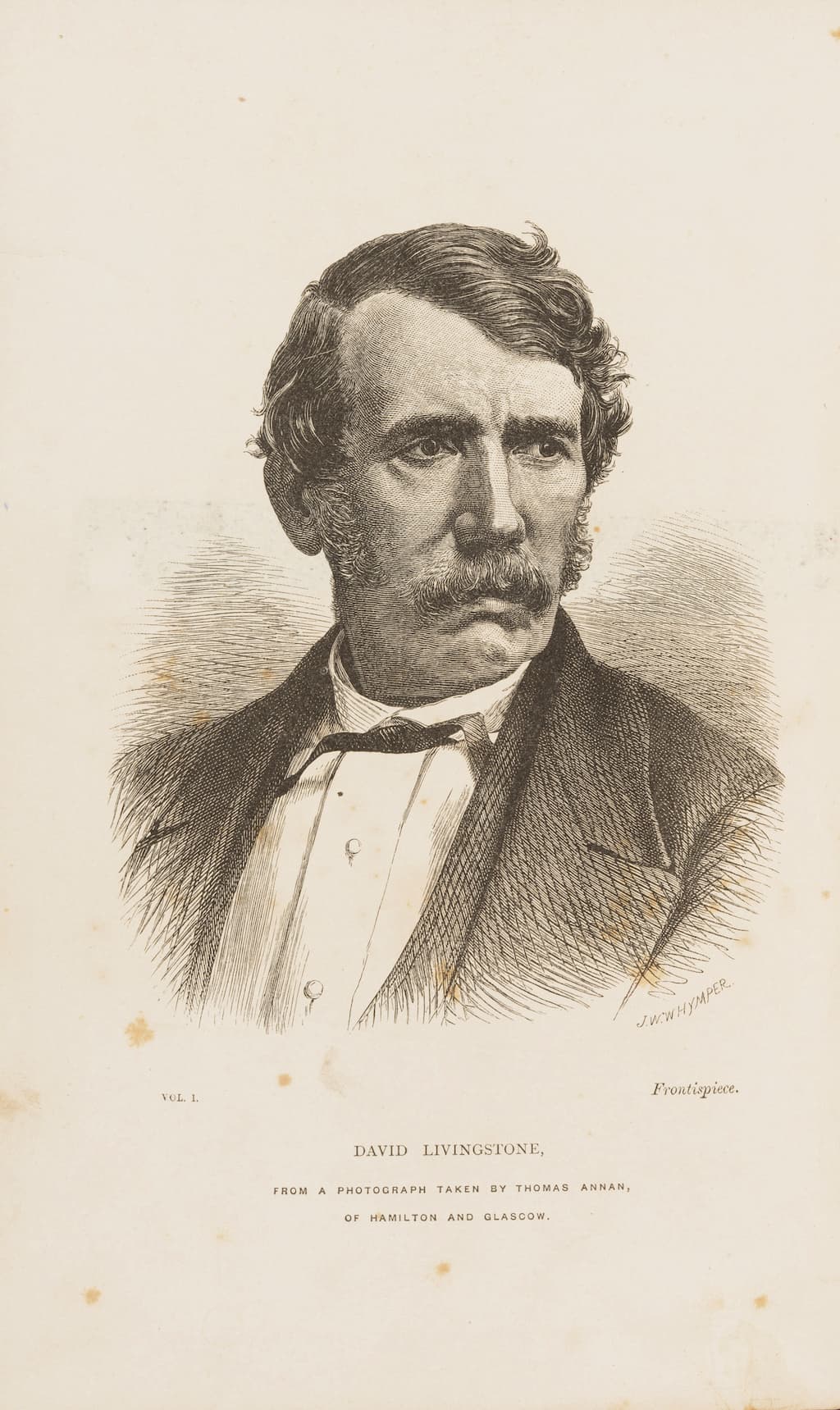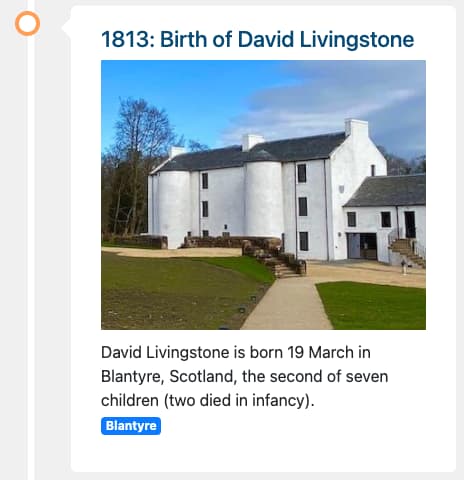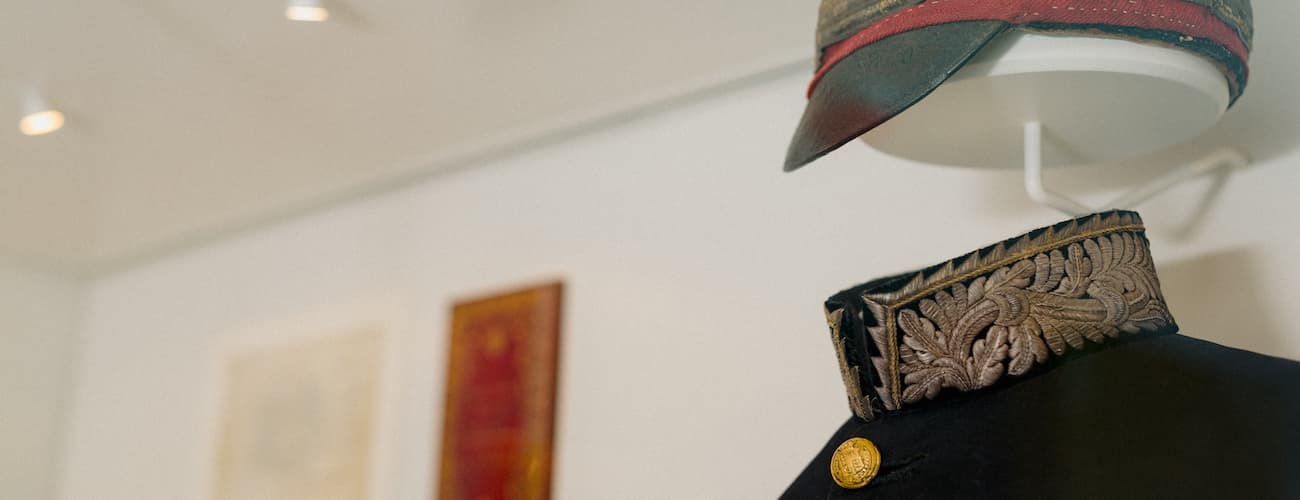David Livingstone
Missionary | Explorer | Abolitionist
Who was David Livingstone?
David Livingstone was born in a small tenement flat in Shuttle Row (the building that is now our museum).
He studied medicine and trained to be a missionary. Inspired by his future father-in-law and others, he set his sights on South Africa.
Motivated by the abolitionary movement, he explored Southern and Central Africa. He hoped to find opportunities for commerce that would end the East African Slave Trade.
Livingstone died searching for the source of the Nile. He hoped that the fame it would bring him would secure support for his fight against slavery.
His extraordinary life transformed him into one of the most celebrated British figures of the Victorian era. His story continues to hold impact to this day.
Why do we care?
Livingstone’s life created a ripple effect…
His sincere hopes of peaceful trade between Africa and the rest of the world meant he shared detailed recordings of the many resources he saw. A few years after Livingstone’s death, Europeans used his records as evidence that Africa was a continent filled with resources, there for the taking. The Scramble for Africa saw huge amounts of land in Africa stolen by European powers - the effects of which are still felt today.
Many African traditions and cultural practices, along with historical accounts, were lost because of the European colonisation and racist Anthropological beliefs. Livingstone’s diaries and letters provide some insight into Sub-Saharan Africa culture, pre Scramble for Africa.
Livingstone spent years calling for a stop the East African Slave Trade, writing letters and keeping accounts of everything he saw. These records inspired others to join the movement, helping to eventually end the East African Slave Trade.
Many of the countries that Livingstone visited in Africa still hold him in high regard. Malawi and Zambia even have places named after him. His work forged bonds between Scotland and many Sub-Saharan African countries.
His passion for collecting, recording and analysing nature was adopted by his daughter, Agnes Livingstone-Bruce, who went on to be a founding member of the Royal Scottish Geographical Society. An interest in our natural world is all the more important today, with climate change at an all-time importance.
Moments from Livingstone’s story have a direct link to numerous cultural issues in modern day, including: racism, climate change, Black history, and Women’s history. We can use Livingstone’s story as a way to discuss and further understand these issues.
Learn More
To learn more about David Livingstone and his life, visit our museum or attend one of our events.








